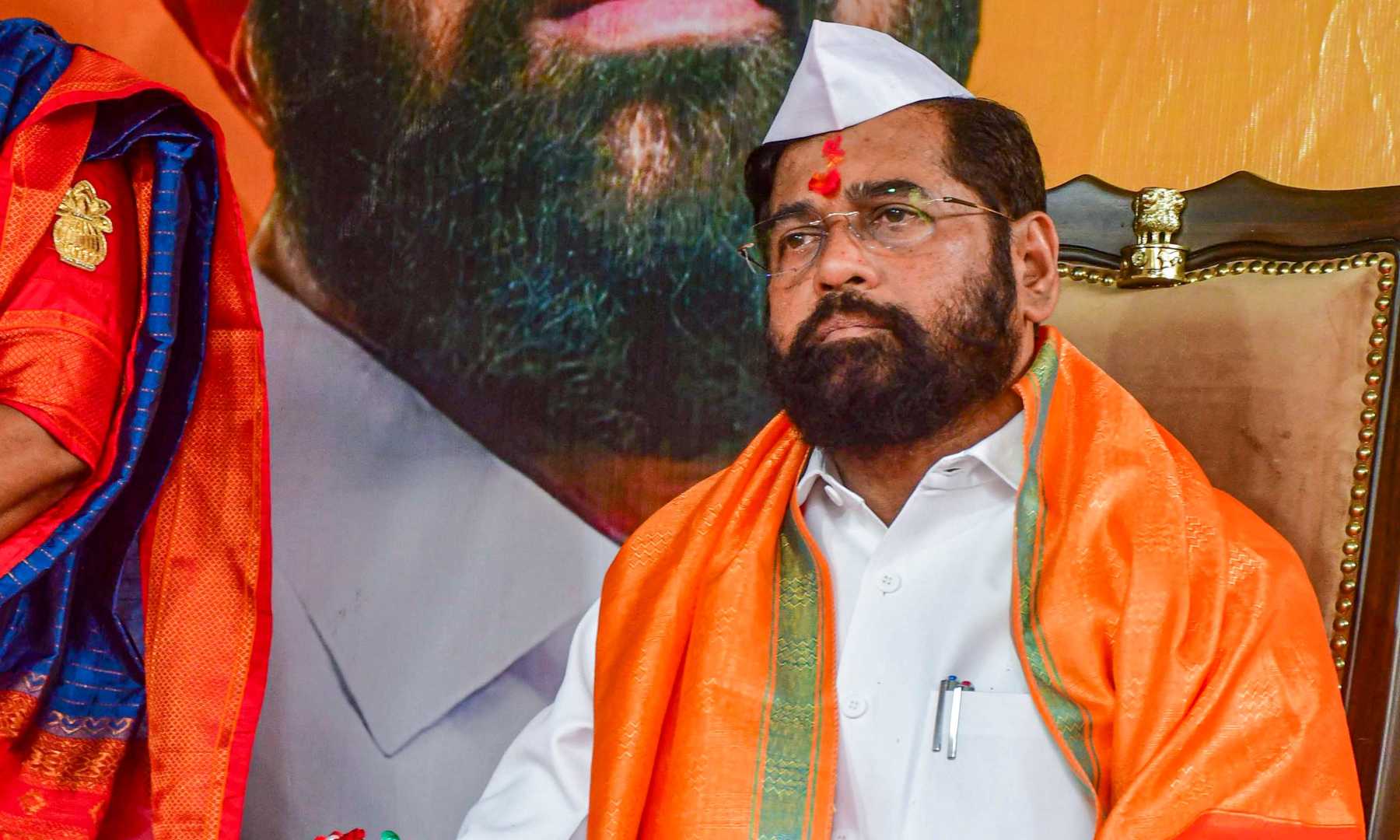Politics
Maharashtra Cabinet Discusses Amendments to OBC Non-Creamy Layer Income Limit

The Maharashtra state cabinet has recently held discussions regarding an important decision concerning the Other Backward Class (OBC) reservation policy. According to reports from a meeting held on October 10, 2024, Chief Minister Eknath Shinde and Deputy Chief Minister Ajit Pawar were involved in a heated debate over the matter.
The core of this discussion revolves around the recommendation to increase the income limit for the non-creamy layer category, a classification crucial for determining eligibility for OBC reservations. The cabinet intends to appeal to the central government to raise the income ceiling from the current limit of 8 lakh Indian Rupees to 15 lakh Indian Rupees.
This decision mirrors initiatives taken by other states, such as Haryana, where earlier this year, the annual income limit for the creamy layer was adjusted from 6 lakh to 8 lakh Indian Rupees. As Maharashtra prepares for forthcoming elections, this policy amendment is considered significant for its potential impact on various communities.
In conjunction with this decision, the cabinet meeting also involved the establishment of several development corporations aimed at supporting different social groups. These proposed corporations include the Solah Kulswamini Economic Development Corporation for the Ladshakhya Vani-Vani community, the Brahmlin Acharya Divyanand Puri Ji Maharaj Economic Development Corporation for the Lohar community, and others for communities such as the Shimpi and Gawli.
Another significant decision taken during the cabinet meeting focused on the enhancement of honorariums for teachers in madrasas across the state. Under the Dr. Zakir Hussain Madrasa Modernization Scheme, the honorarium for D.Ed. teachers will see an increase from 6,000 Rupees to 16,000 Rupees, and for B.A. B.Ed., B.Sc.-B.Ed. teachers from 8,000 Rupees to 18,000 Rupees. This adjustment underlines the government’s commitment to integrating traditional and modern education in madrasas.
The cabinet’s decisions come at a time when the state is gearing up for elections, and the debates highlight the complexities of political management and community development in Maharashtra.












